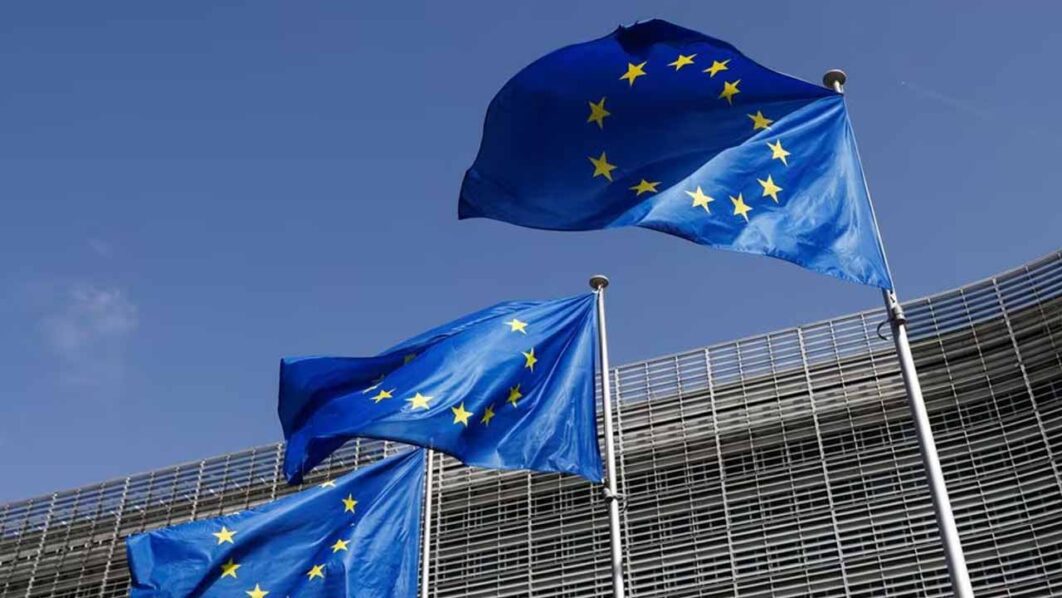EU, Council train climate negotiators ahead of COP29
Ahead of the United Nations Climate Change Conference (COP29), in Baku, Azerbaijan, the European Union (EU) is partnering with the National Council on Climate Change (NCCC) to train Nigeria’s climate negotiators. The negotiators have been mandated to effectively advocate for national interests and build consensus, a key element in securing meaningful global agreements that align […]

eu, council train climate negotiators ahead of cop29
Ahead of the United Nations Climate Change Conference (COP29), in Baku, Azerbaijan, the European Union (EU) is partnering with the National Council on Climate Change (NCCC) to train Nigeria’s climate negotiators.
The negotiators have been mandated to effectively advocate for national interests and build consensus, a key element in securing meaningful global agreements that align with the priorities and interests of local constituencies.
The Head of Cooperation of EU Delegation to Nigeria and ECOWAS, Massimo De Luca at the training of climate negotiators on Monday in Abuja, said Nigeria was one of the first countries to support the EU’s global pledge to triple renewable energy sources and double energy efficiency by 2030.
He also commended the establishment of the National Council on Climate Change (NCCC) as a key move in advancing Nigeria’s climate agenda.
- Kaltungo Emirate donates relief materials to Borno flood victims
- Paternity dispute: Court rejects ex-minister’s prayer stopping publication of allegations
“This is a significant signal to other African countries, who may look to Nigeria to set the tone and lead the way,” he said.
“We believe that building the capacity of Nigerian climate negotiators attending this year’s COP meetings will ensure more productive engagement with a clear national position,” De Luca stated.
He further said the EU has initiated an energy and climate dialogue at the senior official level with Nigeria, creating a platform to engage technically, with the goal of feeding this into broader policy dialogue at the political level.
In her remarks, the Director-General of the NCCC, Dr. Nkiruka Madueke underlined the importance of Nigeria taking the lead in Africa and globally in climate change conversations at COP29, hence the need to train its own climate negotiators.
She described climate negotiating as a serious business, she stressed the need for Nigeria to have a solid team for UNFCCC discussions.
“We cannot claim to be the giant of Africa if we are not a major player in climate negotiations, “ she stated, adding that climate change is the most diverse, multidimensional, multidisciplinary, and cross-cutting challenge they face and if they do not treat it seriously, they will be left behind.
Also speaking, Martine Sobey, Climate Change and Nature Team Leader at the British High Commission, noted that the need for well-trained, highly skilled negotiators has never been more critical.
He said the two weeks in Baku, Azerbaijan, will be a defining moment for global climate action, and Nigeria’s role must be strategic and impactful.
Sobey stressed that Nigeria must present a dedicated, goal-oriented team with deep technical knowledge and the ability to build alliances with other nations to navigate the UN-NCCC processes effectively.
In a related development, the EU supported a capacity-building workshop on methane emissions reduction in Nigeria’s oil and gas sector. The workshop provided stakeholders in the oil and gas sector, including international oil companies (IOCs), indigenous oil companies, the Nigerian National Petroleum Corporation (NNPC), and others, with knowledge on how to measure and monitor emissions from the oil & gas sector, agriculture, and waste.
